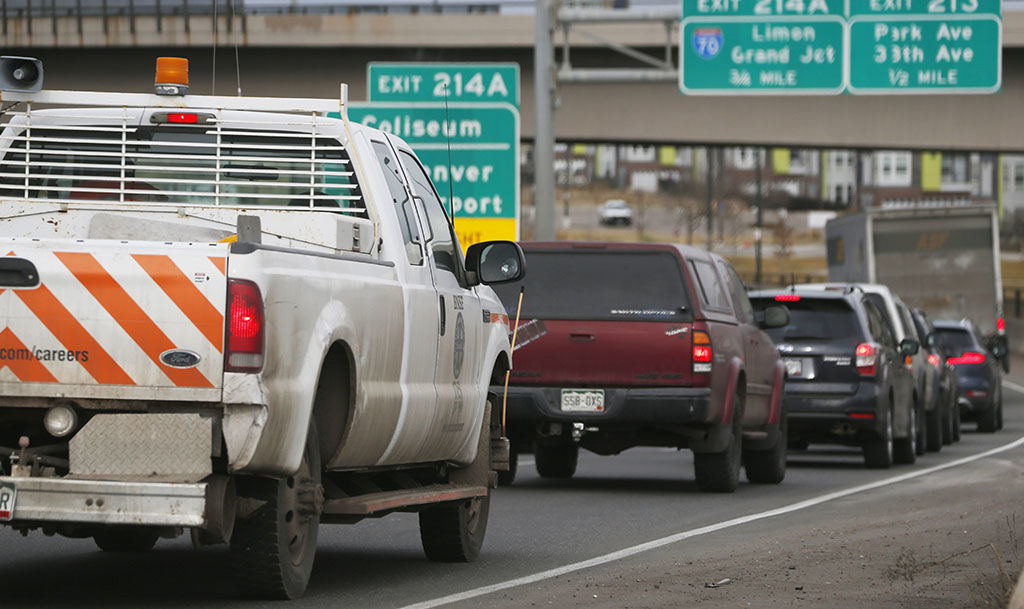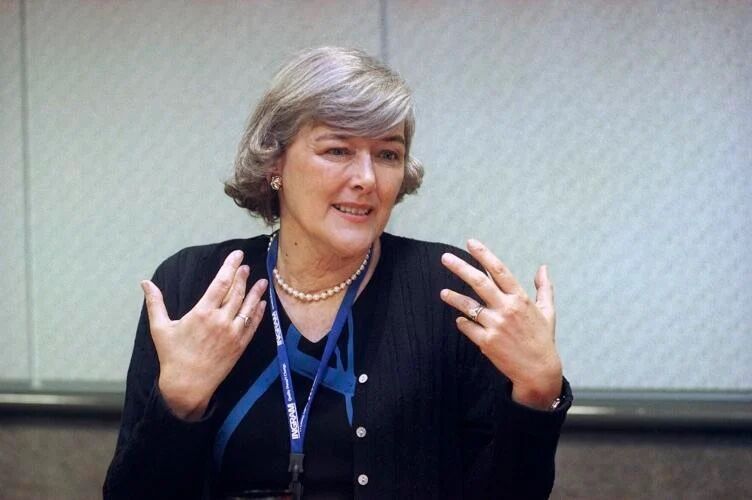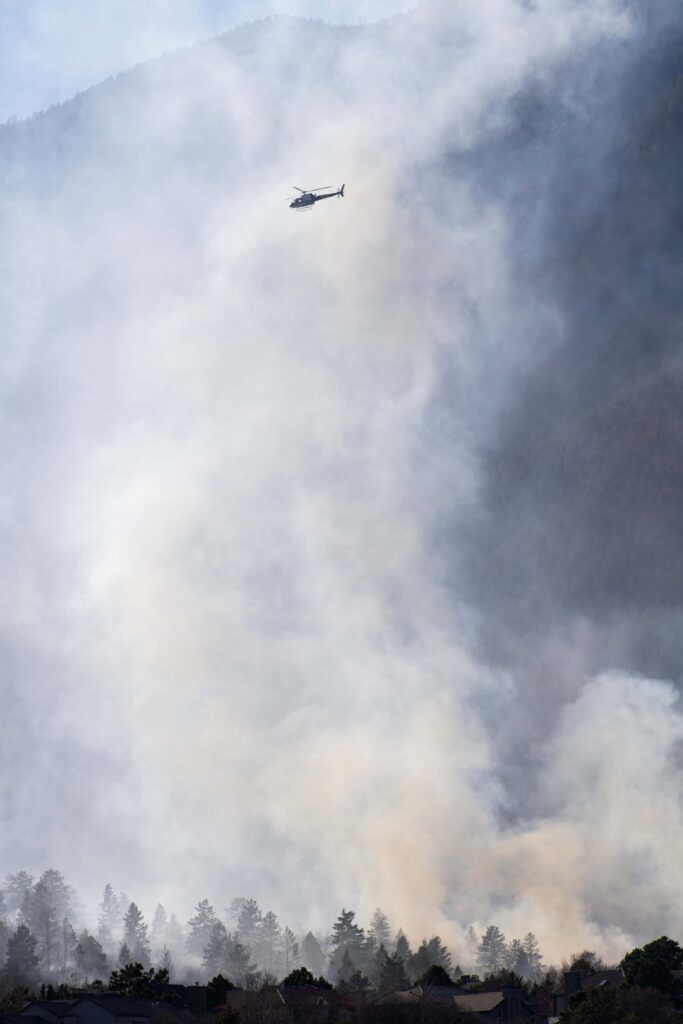Report: Congested, deteriorating roads cost Colorado drivers $6.8 billion a year

Colorado’s poorly maintained roads and bridges don’t just make for an exasperating commute, they cost state motorists thousands of dollars per driver every year, and the cost is going up, according to a report released Wednesday.
Statewide, 41 percent of major locally and state-maintained urban roads are in poor condition, and a full 6 percent of Colorado’s bridges are considered structurally deficient, says the national nonprofit organization TRIP, which researches surface transportation.
The bad roads cost an average motorist in the Denver metro area an additional $753 a year in vehicle operating costs, including faster depreciation, added repair costs and higher fuel consumption and tire wear, the study says.
Adding in the averaged costs for traffic crashes caused by road conditions and time spent delayed by congestion, TRIP calculates that dilapidated roads cost Denver drivers $2,162 per driver per year – that’s $6.8 billion a year for the entire state – and it’s getting more expensive.
Increasing traffic congestion alone is costly, the report says. Denver area motorists lose an average 49 hours a year sitting in traffic, costing every driver more than $1,000 in lost time and wasted fuel.
“Our transportation infrastructure is falling further and further behind,” said Kelly Brough, president and CEO of the Denver Metro Chamber of Commerce, in a statement accompanying the report’s release. “If we want to continue to grow our economy, ensure our quality of life, and create jobs, we must build and invest in a system that provides mobility choices for everyone – from increased lanes to technology solutions to bicycle and pedestrian options.
Brough called transportation a top priority and urged members of the Legislature to identify “a long-term, sustainable funding source for our infrastructure needs.”
State officials say Colorado needs $9 billion in transportation spending over the next decade. In his state of the state address in January, Gov. John Hickenlooper called on lawmakers to come up with a way to raise the money. “Voters are tired of us kicking the can down the road, because they know it’s going to land in a pothole,” he told a joint session of the General Assembly.
House Speaker Crisanta Duran, D-Denver, and Senate President Kevin Grantham, R-Cañon City, have been in talks about possible sources of funds – potentially including a ballot measure to ask voters to approve a tax or change the way the state’s spending limits under TABOR are calculated – but a solution so far appears elusive.
Bob Golden, president and CEO of the South Metro Denver Chamber of Commerce, said it’s long past time for officials to figure out how to resolve the costly predicament.
“Colorado has experienced unprecedented growth in the last 20 years, but the state lacks a reliable and sustainable long term funding source to meet our resulting transportation infrastructure needs,” he said. “This report makes a direct connection between that lack of investment and the impact to our pocketbooks. Now, more than ever, we need our policymakers to identify a solution to address this challenge. The cost to our businesses and our citizens of doing nothing is far too extreme.”
Colorado Business Roundtable President Jeff Wasden said the state’s business community is tired of lagging neighboring states – such as Utah and Texas, two of Colorado’s chief competitors – because of outdated, poorly maintained and congested roads.
“We can no longer kick this can down the road and this report makes that connection in a very real way,” he said.
TRIP promotes transportation policies to reduce traffic congestion and improve road and bridge conditions with an aim to make travel safer and boost economic productivity. The nonprofit organization is sponsored by insurance companies, equipment manufacturers, distributors, suppliers, businesses involved in highway and transit engineering and construction, labor unions, and other organizations that want efficient, safe roadways.
– ernest@coloradostatesman.com












